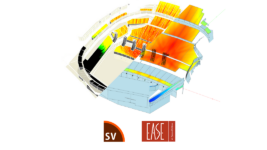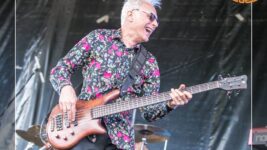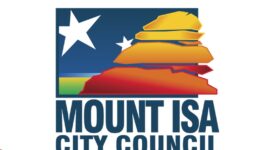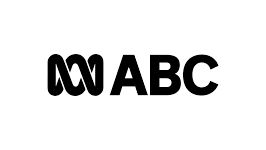Desk Tapes
30 Jul 2024
The Sports LIVE at Billboard Melbourne, 1981 is to be released on August 2nd 2024.
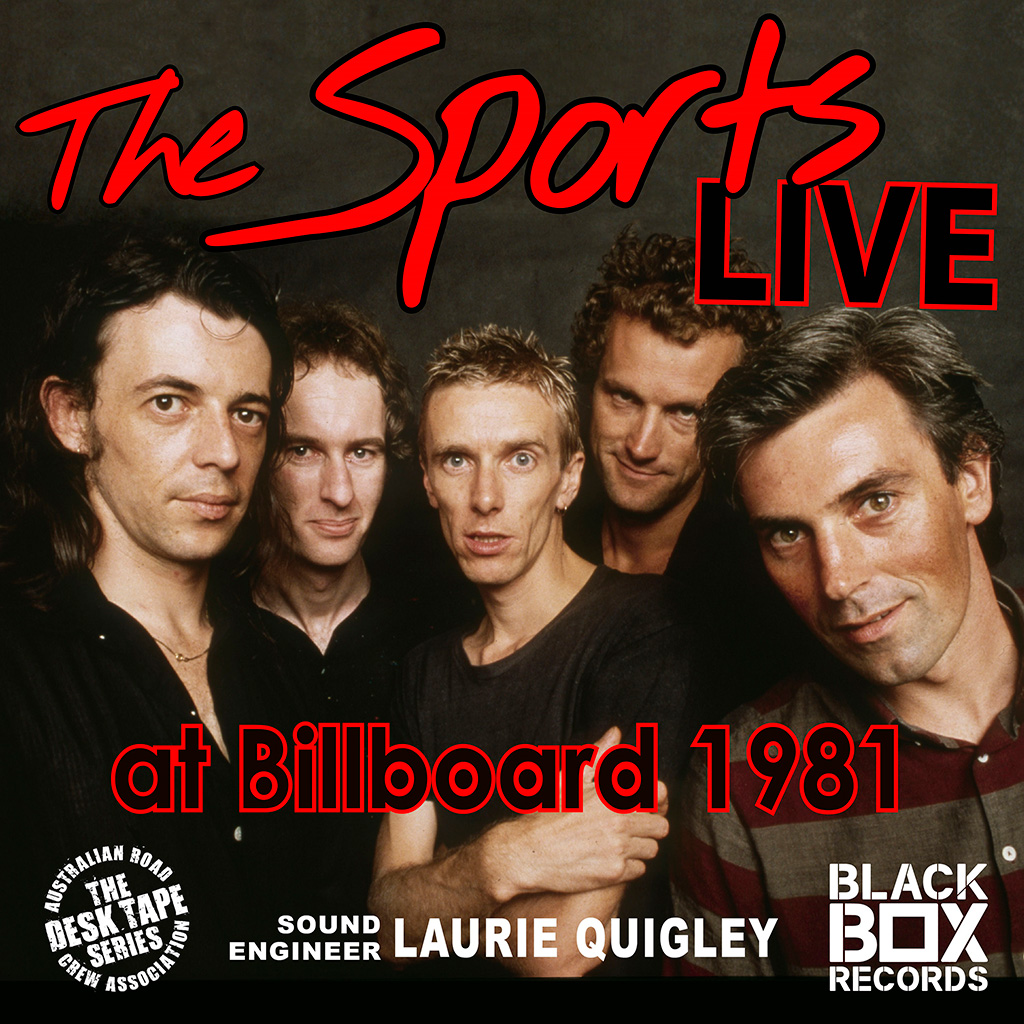
Subscribe to CX E-News
Sports Live At Billboard 1981 is the 42nd release of the Australian Road Crew Association’s (ARCA) Desk Tape Series.
The Series was created by ARCA to raise badly-needed finances for Support Act’s Roadies Fund to provide financial, health, counselling and well-being services for roadies and crew in crisis.
The live tapes are recorded off the mixing desk by a crew member – in this case Laurie Quigley was the sound engineer and George Alexander of Billboard did the recording. The live tape is released on ARCA’s Black Box Records through MGM Distribution and on all major streaming services.
Over 40+ artists have now thrown their hats in the ring to help support those in need.
The ARCA Desk Tape Series is acknowledged in media for its historical importance in capturing great live music from great live acts.
Huge thanx to Greg Noakes for the photos, Nprint for the artwork, Phil Dracoulis for the mastering, and especially Sports for their support of roadies and crew.
Sports Live At Billboard 1981
BAND
- Stephen Cummings – lead vocals (1976–1981)
- Andrew Pendlebury – guitars, backing vocals (1976–1981)
- Robert Glover – bass (1976–1981)
- Martin Armiger – guitars, backing vocals (1978–1981; died 2019)
- Freddie Strauks – drums (1980–1981)
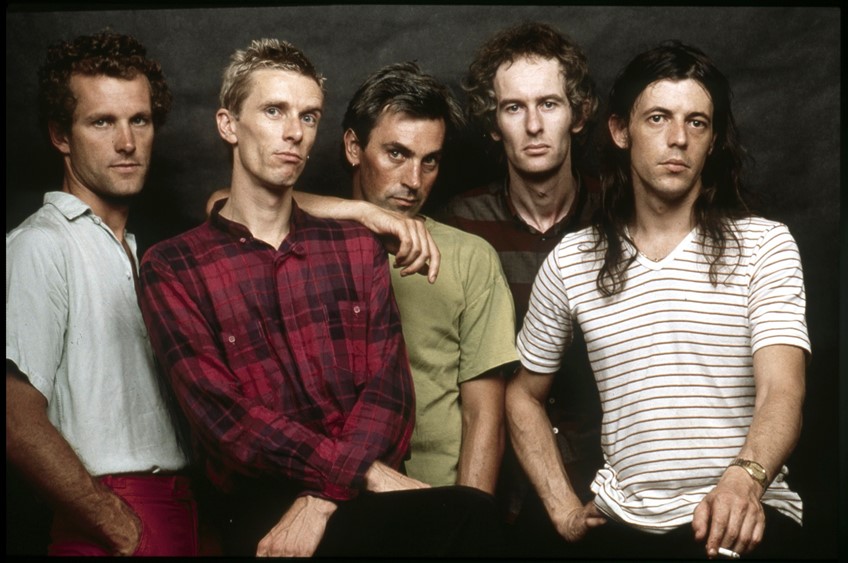
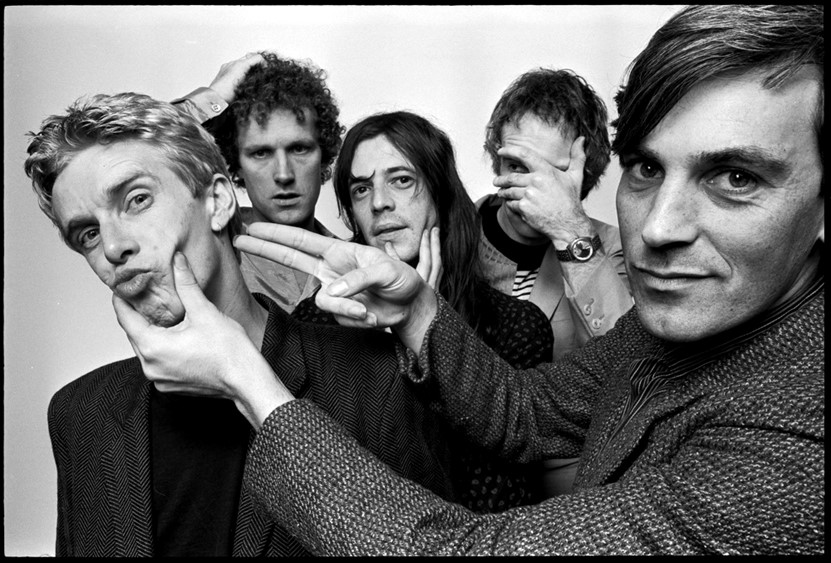
ROAD CREW (over the years)
- Cyril Moonan (R.I.P) – TM and stage
- Gary Brokenshire – Lights
- Andy Crosby (R.I.P) – Lights
- Laurie Quigley – Sound Engineer
- Jon Lemon – Sound Engineer
- Bob Gosford – Sound Engineer
- Jim MacMillan – Sound Engineer
- Dave Gornalle – Stage
- Garry Craft – Monitors
- Mark Edwards – Monitors
- Gruzzle – Monitors
TRACKS
- 1 Black Stockings (For Chelsea
- 2 Don’t Throw Stones
- 3 Suspicious Minds
- 4 Passionette
- 5 Perhaps
- 6 Strangers On A Train
- 7 Lucky Shop
- 8 Blue Hearts
- 9 Softly, Softly
- 10 Against The Dance
- 11 Hit Single
- 12 This Is Really Something
- 13 Boys! (What Did The Detective Say)
- 14 Stop The Baby Talking
- 15 How Come
- 16 Who Listens To The Radio?
- 17 Wedding Ring
- 18 All The Girls But One
Sports Live At Billboard 1981 live tape and all the ARCA Desk Tape Series recordings are available through Black Box Records – ARCA (australianroadcrew.com.au) and the following:
https://ffm.to/thesportslive1981 (paste into browser if it fails to work)
- Amazon
- Apple Music / iTunes
- Black Box Records
- Deezer
- MGM Distribution
- Spotify
- Tidal
- YouTube Music
The Sports, based in Melbourne between 1976 and 1981, had global success from the start.
Their hit singles included “Who Listens To The Radio?”, “Don’t Throw Stones”, “Strangers On A Train” and “How Come”.
Their best-known albums were Don’t Throw Stones (February 1979), Suddenly (March 1980) and Sondra (May 1981).
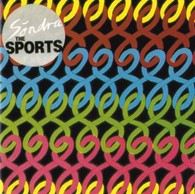
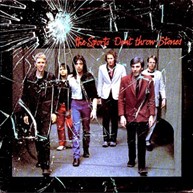
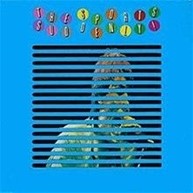
MAJOR FORCE
There are critics who argue that if The Sports had kept going, they would have become as a major force and founder Stephen Cummings rated a significant international rock identity.
Sports guitarist Andrew Pendlebury agrees. “Stephen was such a fantastic frontman, lyricist and singer, he had the whole package.
“Had we carried on, The Sports would have been huge in America. We just got homesick and wanted to come back to Australia.
“Stephen wasn’t influenced by any English groups, it was all his invention, and he’d have been a major figure in America.”
Michael Gudinski, who signed them to his Mushroom Records and managed them, stated, “Stephen can be frustrating to deal with, but he has always been brilliant.”
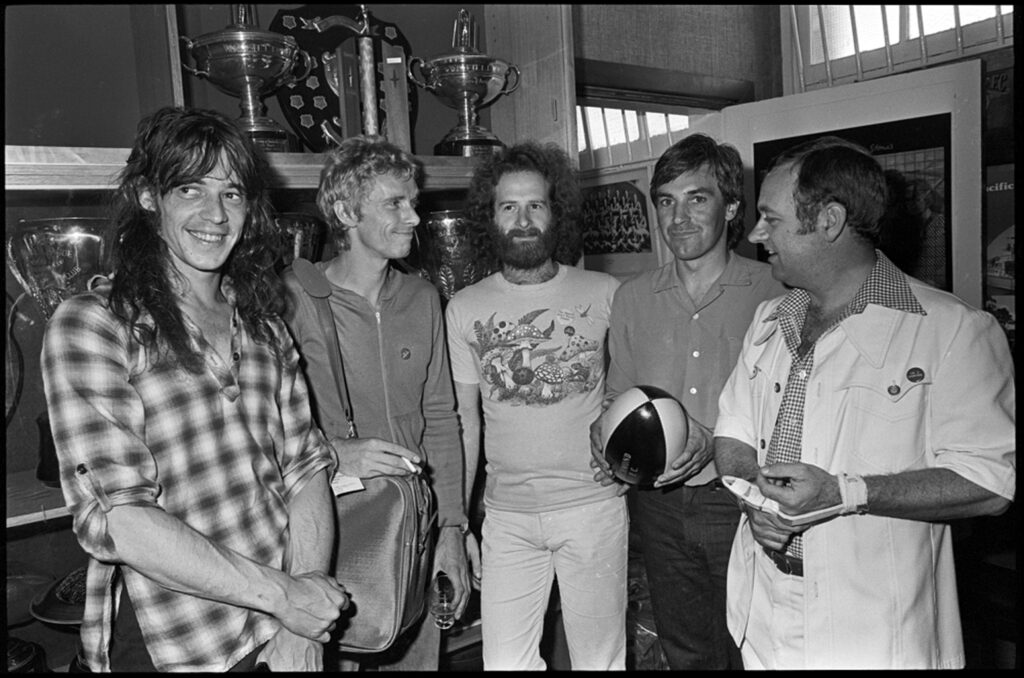
DYNAMIC
Certainly, as Sports Live At Billboard 1981 shows, they were a dynamic outfit.
Cummings recalls: “Our manager and agents liked keeping us gigging as we grossed a lot of money and it also kept us out of their office asking questions.
“The more you play the better you get and it was very enjoyable making noise and playing in front of people.
“Listening back I can’t believe how fast and tight we played. The audiences would get into it and they added a lot of energy to the room as well.”
When The Sports played to 100,000 at the Sydney Opera House with British band Thin Lizzy, they more than rose to the occasion.
STAND-UP COMEDIAN
Interestingly Cummings’ early career path was to become a stand-up comedian and, with his friend Johnny Topper, start a magazine.
But the $200 set aside for it went towards buying musical instruments, and they set up The Pelaco Brothers in 1974 with Joe Camilleri, Peter Lillie, Karl Wolfe and Chris Worrall. Ed Bates and Peter Martin would later join.
The Pelacos’ distinctive blend of country and rockabilly with a touch of Australian satire and clothes like high boots and 1940s shirts made them darlings of inner-city clubs. They also played lunchtime gigs at prisons and factories.
ACCOMPLISHED PLAYERS
Cummings had the knack of bringing in accomplished players when he put The Sports together.
Guitarists Andrew Pendlebury and Ed Bates, and bassist Rob Glover, were from Myriad, a band whose blend of celtic folk and country had music magazines like Juke drooling.
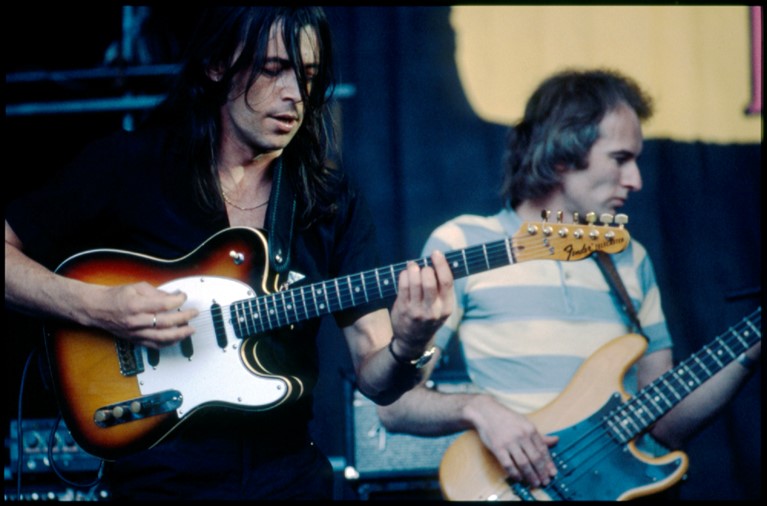
Paul Hitchins was drummer, and piano player Jim Niven (died on April 9, 2012 from cancer) came from Captain Matchbox Whoopee Band
Sports rehearsed every day in Cummings’ flat above a laundromat in the suburb of Malvern. The laundromat was mentioned in the lyrics to “Don’t Throw Stones”.
Their first setlists were rock and rockabilly covers with originals by Cummings and Bates.
STRONG COLLECTION
What The Sports had was a strong collection of songs and songwriters.
Stephen Cummings: “I was lucky because we had three prolific songwriters so it didn’t just rest on me.
“Martin Armiger wrote a lot of great songs like ‘Strangers On A Train’.
“Andrew Pendlebury who wrote ‘Perhaps’ and a lot of other songs liked country music too and prog groups like Yes and Genesis.
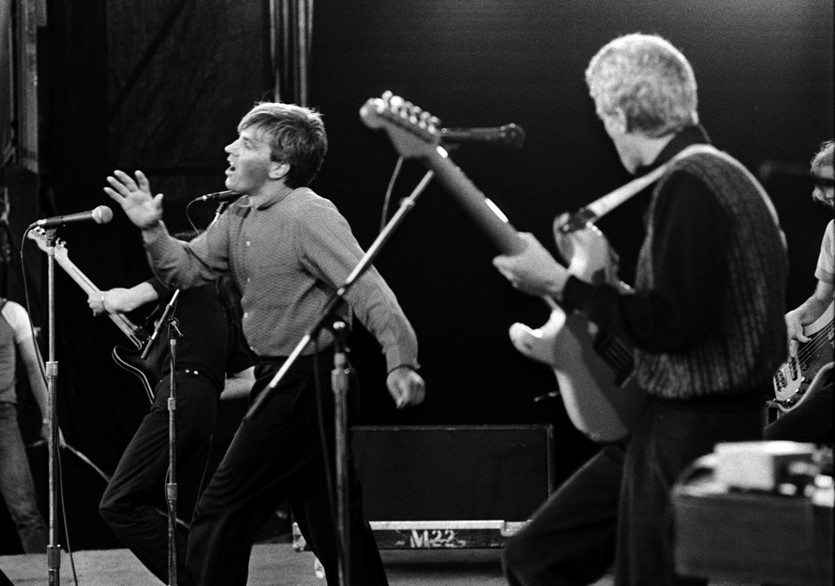
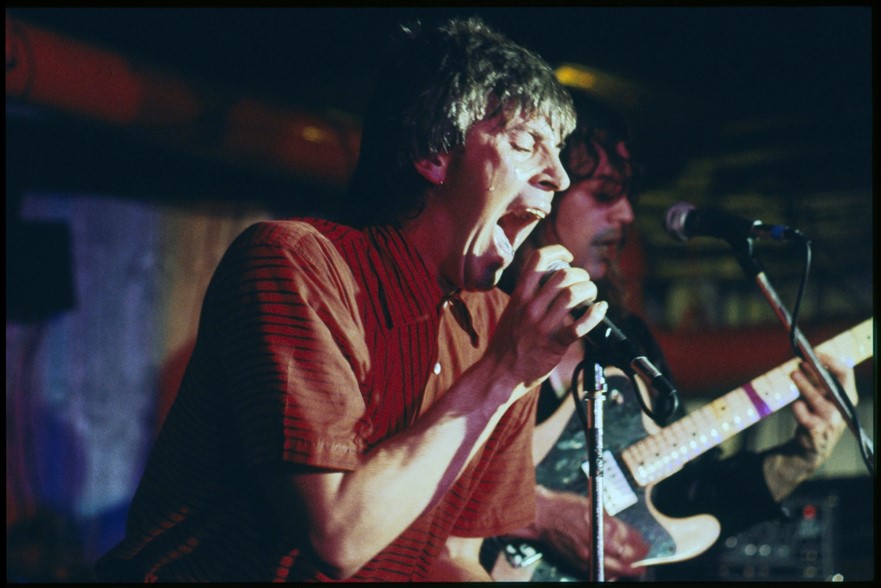
“We listened to the songwriters of the time like The Beatles and Stones.
“I listened to a lot of left of centre country music like Joe Ely, and Martin and I were both big Lou Reed fans. It was an eclectic blend of interests and the songs came from that.”
As for which Sports songs he was particularly proud of, “I loved all our albums but I do have a fondness for ‘Blue Hearts’, ‘The Last House On The Left’ and ‘Who Listens To The Radio?’
“We recorded (‘Who Listens’) twice, the first time was when Martin had just joined the group and it didn’t really do much so Michael Gudinski insisted we re-record it and use this English engineer James Wood he brought out.
“He had worked on a number of John Cale solo albums and Nick Drake as well. He told us many outrageous John Cale tales.
“I also recorded an acoustic version of it later myself that is on my album Close Ups with a few other Sports songs I liked such as ‘Don’t Throw Stones’.”
GUITARISTS
What also marked The Sports musically distinctive were their guitarists.
Ed Bates
After starting out on clarinet, their first one, Ed Bates, began playing guitar in the 1960s, inspired by James Burton, Wes Montgomery, Julian Bream, Lonnie Mack, Ry Cooder and Charlie Christian.
He was also renowned for pedal steel, for tone and technique.
Andrew Pendlebury
Andrew Pendlebury started on violin from the age of four, coming under the influence of the likes of Stephane Grappelli but widened to guitar when the father of a friend lent him Django Reinhardt jazz guitar records.

He focussed on guitar after hearing Jimi Hendrix and Eric Clapton, teaching himself to play. “I liked Peter Gabriel in the 90’s, loathed Genesis, and yes I did like a couple of Yes albums in the early 70’s just to be clear.”
Australian shredders that influenced Andrew’s early guitar playing were the likes of Roger Glanville-Hicks, the opening to the Real Thing, Les Stackpole, Billy Green, Lobby Lloyde, Mick Roger’s, Manfred Mann and Billy Thorpe. “They all seemed to be rock guitarists with that British bent in 1970-71.”
In 1972 he went to London for 12 months just checking out the bands he had read about. On his return, he became a professional musician.
“You could do that then, for maybe $100 a gig, which was really good.
“My rent was about $13 a week, so I could buy alcohol and cigarettes and save up enough to buy strings for the guitar, and buy a new guitar once a year.”
He answered an ad in a magazine, and was with celtic-folk-country Myriad for three years.
When Wayne Burt left Jo Jo Zep & The Falcons, he auditioned for the spot but was pipped by Tony Faehse who could play slide.
But Joe Camilleri recommended him to Cummings for his new band.
Apart from bringing depth to early Sports’ happy rockabilly, there was also another connection.
Andrew’s parents Laurence Scott Pendlebury and Nornie Gude were acclaimed painters (a young Andrew was also known for his impressionist style and held exhibitions).
Laurence had also been head of the arts school at Swinburne College and set up its film and TV school – among its students were Stephen and future Skyhooks member Greg Macainsh.
Martin Armiger
Two years after The Sports began, Cummings wanted a poppier sound, and brought in Martin Armiger.

Born in the UK, he was the eldest of seven children to a piano-teaching mother. In the ‘60s In South Australia, he graduated with honours in drama and politics at Flinders University.
Martin edited the student paper, was president of the film society, played in an art-rock band and created music for plays and short movies.
Moving to Melbourne, he worked on underground theatre and films (and did 3RRR’s first breakfast show for which he was always late to) while playing Bleeding Hearts and The High Rise Bombers when approached by The Sports.
He brought a blues-rock approach, a musicality and theatre and sense of vocal harmonies.
Producer
Also a strong element was UK producer Peter Solley, who gave them a radio friendly sheen.
“We got on really well with Pete Solley,” declares Pendlebury. “He lifted the band’s recordings.
“He was a great keyboard player. When Jimmy Niven wasn’t in the group, he added some great keyboards.
“He’d change arrangements. He’d come to rehearsals, make suggestions and scribble in a notebook. We’d return from touring with the new songs well-honed, and he’d refer to the notes.”
International Interest
The Sports aroused international interest from the start.
The debut recording was a four-track EP Fair Game (early 1977) and put through the small Zac Records.
A friend sent a copy to England’s New Musical Express (NME) which made it Record of the Week.
The Sports record coincided with the new wave-pop trend in the UK and Europe, and Stiff Records (home of Elvis Costello and Nick Lowe) quickly signed them up.
In Australia, the band moved to Mushroom for the Australian market and their first album (May 1978) Reckless was produced by Joe Camilleri.
The lead single “Boys! (What Did the Detective Say?)”, which saw them on Countdown, reached #55 on the Australian Kent Music Report.
The album reached Graham Parker, who invited The Sports to open for him during an Australian tour that year with his band The Rumour.
Parker also invited The Sports to tour the UK with him in February 1979.
By the time of the tour, they’d released Don’t Throw Stones, a much punchier and popper album, which peaked at #9 in Australia.
The standout “Who Listens to the Radio?”, written by Stephen and Andrew, broke them in America, reaching the Top 50, featured in TV’s WKRP in Cincinnati, and allowing them to tour.
The Suddenly album (March 1980) yielded the Armiger-penned “Strangers On A Train” (reaching #22).
In 1981, The Sports had another top 30 hit with “How Come”; and a top 20 album with Sondra, featuring Skyhooks drummer Freddie Strauks.
Tour Stories
The Sports had some interesting tour stories.
Andrew Pendlebury remembers: “Playing the Marquee in London was a coup for us. It was a gig I dreamt about since when I was a young teenager because all my heroes played there.
“After our gig there, Michael (Gudinski) and I drove around London in a cab celebrating with a bottle of champagne.
“We also did the Hammersmith Odeon a couple of times, and the Glasgow Apollo, they were a couple of thousand seaters.”
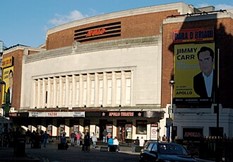
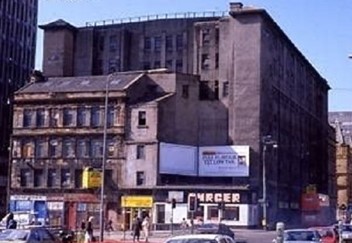
One infamous episode was when they opened their US tour at the Bottom Line in New York.
There were nerves in the band when told Mick Jagger, Iggy Pop, Billy Joel and legendary record executive Clive Davis were attending.
It got off to a bad start when they had to stop and do the first song twice, and an angry Cummings played the rest of the set with his back to the audience.
Pendlebury recalls: “We recorded Suddenly in England and then we went to America. The relationship between Stephen and Martin were getting pretty frayed.
“They wrote out the setlist but there was never any conversation about which three to start. It’s always good to know the first three songs.
“The rhythm section started with ‘Strangers On A Train’ and the guitars began with ‘Don’t Throw Stones’. It sounded like free jazz!
“We had to stop of course, and we never recovered really. We finished the gig but the vibe was gone, we couldn’t get it back again. I kept well out of Stephen’s way afterwards.”
At a Sydney writer’s festival, Cummings regaled the audience with a story of how he woke up at 5 am in his Sydney hotel room and walked to the harbour, where he saw Nick Cave in the water.
Cave asked if he wanted to be baptised. Cummings got in the water, and Cave kept pushing him under the water, each time asking “Have you found the Lord?”
The third time when he emerged and asked “Have you found the Lord”, Cummings spluttered back, “Where do you think you lost Him?”
Turns out the story was made up. “It does sound pretty funny, and yes it was an example of my creative licence.
“I always found it annoying back in the seventies that no one in mainstream music in Australia helped The Boys Next Door get gigs or exposure.
“We gave them heaps of gigs supporting The Sports and helped broaden interest in them.
“I like to give Nick a little stick sometimes as the favour wasn’t returned to me later on.”
AFTER THE SPORTS
After the final lineup of The Sports split in late 1981, Cummings launched a highly acclaimed solo career with a series of irreverent but highly acclaimed solo albums, novels Wonderboy and Stay Away From Lightning Girl, wrote films, did acting, wrote jingles (“the Medibank “I feel Better now” jingle which I did with Robert Goodge from the band I’m Talking while at Essendon Airport”), produced records and toured with a ballet company.
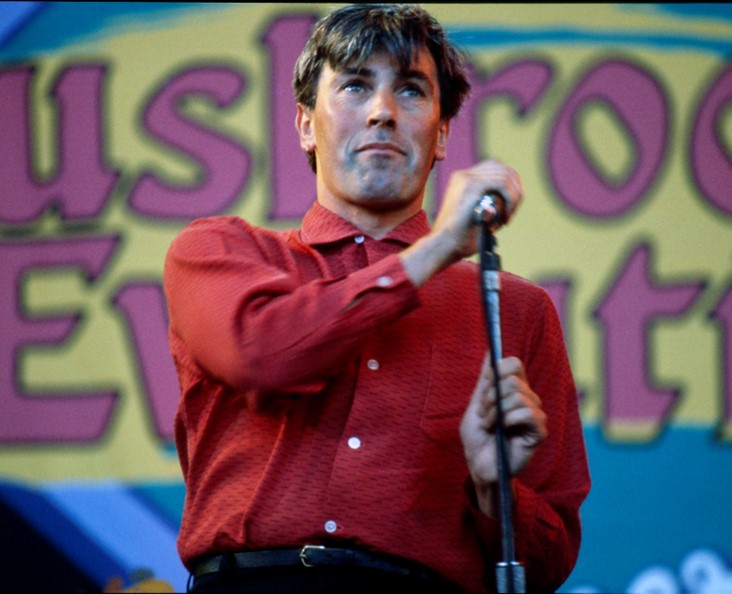
In March 2020, he had a stroke during a flight, leading to three years of rehabilitation. He had actually announced his retirement (at age 65) the September before, but making music was part of the recovery as he could no longer play guitar or sing with his sweeter voice.
His 21st studio album, 100 Years From Now, marked his comeback.
Andrew Pendlebury continued to play in bands and released a series of award-winning albums.
In April 2024 he released a marvellous self-titled album as Pinkerton Pendlebury (with Steve Pinkerton, of Dallas Crane, The Anyones, The Ronson Hang Up) with plans for a follow up in 2025.
They do a number of Sports songs in their set as a tribute to Martin.
Armiger moved to Sydney and became a distinguished film and TV composer. He set up base in France and died in 2019 at the age 70.
Strauks joined Bushwackers, Jo Jo Zep & The Falcons and The Ol’ Skydaddys.
Glover was in Wilbur Wilde’s band and with Cummings in A Ring of Truth.
The Sports’ main crew Cyril Moonan, who joined after a stint with Sherbet, also passed away.
Cummings remembers him with admiration.
“Everything was always in place. You never had to worry about the sound or equipment and he just made our time going from gig to gig easy.
“He was always thinking ahead about what we would need and have it organised.
“I had no idea Cyril had worked for Sherbet at the time but after The Sports broke up I was supporting the Beach Boys at the Myer Music Bowl and so was Daryl (Braithwaite) and I was surprised to see Cyril backstage with his arm around Daryl as they were old friends from their Sherbet days.”
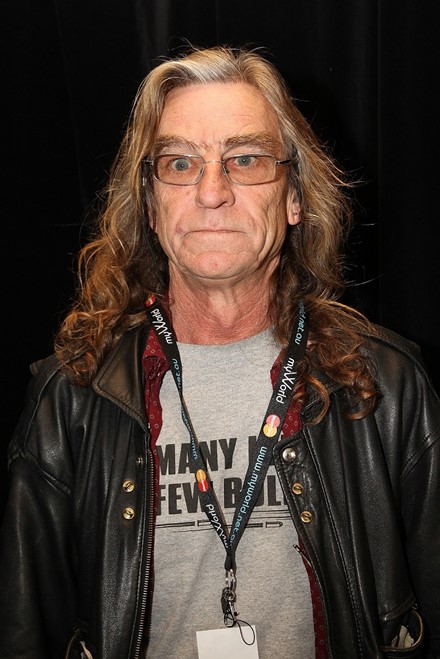
For more information on ARCA, go to https://australianroadcrew.com.au/ and to check out the 41 other Desk Tape releases, go to The Desk Tape Series – ARCA (australianroadcrew.com.au)
ARCA would like to thank the following sponsors of The Desk Tape Series:-
Sponsor Industry Roles
- Showtech Rigging
- CMI P.A and Production
- Clearlight Lighting
- DSE Trucks Transport
- Scully Outdoors Outdoor Production
- Gigpower Crewing and Staging
- Lock and Load Crewing
- Chameleon Touring Production and Lighting
- JPJ P.A and Lighting
- Novatech P.A and Lighting
- Phaseshift Lighting
- Show FX Australia Pyrotechnics
- Event Personnel Australia Crewing
- Norwest P.A and Lighting Production
- Nprint Artwork
Ian Peel and Adrian Anderson
ARCA Co-founders and Directors.
Note from founders:-
“ARCA and The Desk Tape Series is a small way we can help our mates get some self-worth and recognition for their contribution to the Aussie music industry and help if they are in crisis. It is a great honour for us to be able to present these memories to all.”
All Hail Roadies and Crew
“Looking after OUR OWN with FEELING and a WHOLE LOTTA LOVE”
All ARCA enquiries contact :
Adrian Anderson 0409 789 440
Ian Peel 0415 667 221
Subscribe
Published monthly since 1991, our famous AV industry magazine is free for download or pay for print. Subscribers also receive CX News, our free weekly email with the latest industry news and jobs.

